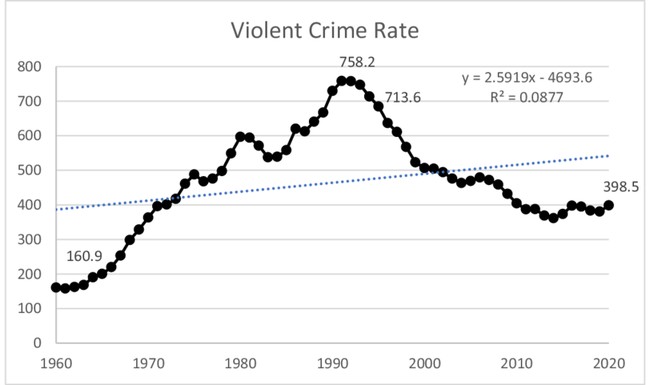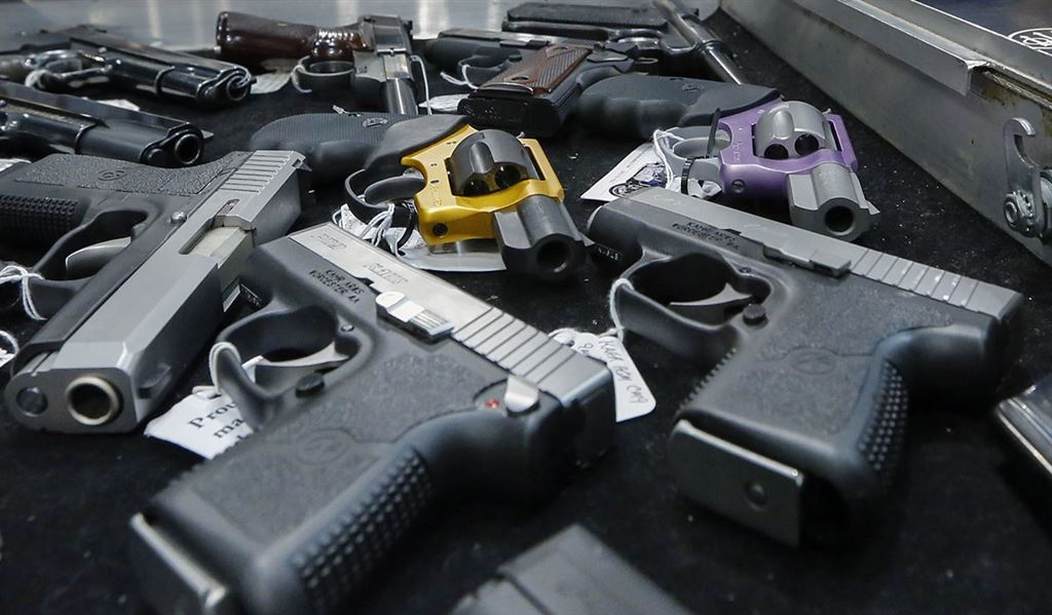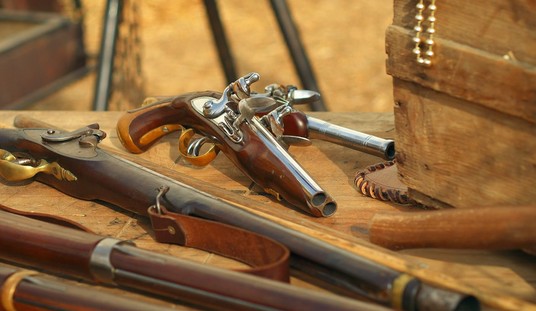In 1968, a major piece of gun control was passed. It did a lot of things that, if gun control advocates are right, should have caused the nation's violent crime rate to drop.
Now, 56 years later, that history is a topic of discussion at the LBJ School of Public Affairs. That seems appropriate since LBJ is the one who signed the bill into law.
But there's something wonky about this discussion.
Gun violence activists discussed the successes gun control legislation had in preventing violent crimes at the Lyndon B. Johnson Presidential Library on Tuesday.
The LBJ Future Forum hosted the conversation on the 56th anniversary of the signing of the Gun Reform Act by President Johnson. The bill imposed stricter licensing and regulations on the firearms industry, such as banning the mail order of firearms.
Mayor Kirk Watson gave opening remarks for the panel and explained how the government passed the act following several political assassinations including President John F. Kennedy, Attorney General Robert Kennedy and civil rights activist Martin Luther King Jr. He said the United States is at a critical point in history, with gun violence and school shootings becoming more frequent.
“It feels that we’re at another moment where we should have action,” Watson said. “I believe there is hope because conversations like this give me hope.”
Moderator Alexandra Samuels, a freelance journalist and former Texas Monthly senior editor, began the discussion by asking David Hogg, co-founder of the prevention organization March for Our Lives, what politicians thought during the passage of the Gun Reform Act.
Hogg said since the passage of the act, the National Rifle Association has changed leadership multiple times, moving further away from its original mission of gun safety. Hogg said the NRA promoted the “vicious cycle of violence” that profits only gun manufacturers.
“The difference is that now we’ve seen the mass production of weapons like the AR-15 and other semi-automatic rifles that are extremely lethal,” Hogg said. “(Semi-automatic rifles) are made for one thing, and that’s killing human beings.”
Asking David Hogg about what politicians thought during the passage of the Gun Control Act (not the Gun "Reform" Act as the Daily Texan erroneously called it) only for him to go on about the NRA is hilarious.
First, semi-automatic firearms are not made for just one thing and that's killing people. Many models of semi-automatic firearms were designed for hunting purposes. Semi-auto shotguns are a favorite of bird hunters, for example, and I've seen a ton of deer hunters use semi-auto firearms that were designed for hunting.
So let's knock that crap off for a moment.
Let's understand that while the NRA may not have been as firmly in the gun rights camp in the past, it wasn't until after the Gun Control Act of 1968 that there was much of a need to push for gun rights at all. Yes, they talked about gun safety before then within the context of how to handle a firearm properly, but now it's more a case of how you can't handle a gun properly if you can't have a gun, so their priorities shifted.
Regardless, while this was ostensibly these people talking about the future, the truth is that they also touch on the past by bringing up the change in the laws back in 1968.
What's funny is what they don't tell you.
Take a look at these charts.
 US Murders and Murder Rate With A 13% Decline in 2023 (Source: FBI and City Data)
US Murders and Murder Rate With A 13% Decline in 2023 (Source: FBI and City Data)

United States Violent Crime Rate (violent crimes per 100,000 population), 1960-2020
Look at where things were in 1968 and what happened after the law's passage.
That's right. The rates skyrocket and stay that way for decades. In other words, we had lower rates of murder and violent crime in general when we could order guns in the mail without a special license.
Why did that get left out of the discussion? Why didn't that get at least a mention?
Could it be that anti-gunners are either intentionally unaware that their beloved gun control law not only didn't make people safer but might even have made violence worse? No, correlation isn't causation, but causation should lead to correlation. If the law worked, you wouldn't see such a stark increase in violence that continued on for decades.
That's the LBJ legacy on guns, and one folks like David Hogg are ill-equipped to discuss.








Join the conversation as a VIP Member